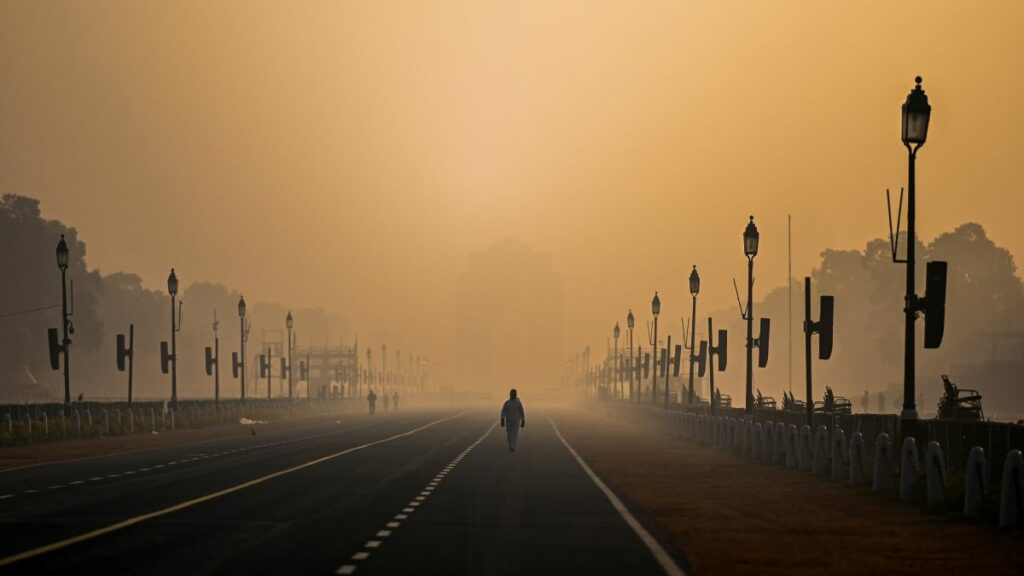Air pollution could knock 9 years off the life of people in India, study says

The report, released Wednesday by the United States-based research group Energy Policy Institute at the University of Chicago (EPIC), found that all of India’s 1.3 billion residents face annual average pollution levels that exceed guidelines as set by the World Health Organization.The central Indian government announced a national clean air campaign in 2019, that aimed to reduce particulate pollution by up to 30% by 2024. But in the past few years, pollution has only gotten worse, especially in the western state of Maharashtra and the central state of Madhya Pradesh, said the report.”India’s capital Delhi is also highly polluted,” said the study. “Residents of Delhi could see up to 10 years added to their lives if pollution were reduced to meet the WHO guideline; up to 7 years if pollution met India’s national standard.”According to the study, the air pollution likely reduces the life expectancy of 40% of Indians — which is about 520 million people.India has long struggled with its smog problem, which ranges from choked urban centers with high amounts of vehicular pollution and industrial waste, to more rural agricultural areas that suffer from pollution caused by crop burning — a practice of intentionally burning cultivated fields to prepare land for its next crop.Several factors are behind the persistent pollution, said the report, including mass industrialization, and skyrocketing energy demand and fossil fuel usage.In 2019, 21 of the world’s 30 cities with the worst air pollution were in India, according to IQAir AirVisual’s annual global ranking.The worst polluted city that year, Ghaziabad, recorded nine times the level of particulate pollution that the US Environmental Protection Agency regards as healthy.Pollution is a regional problem that extends beyond India — across South Asia, Pakistan, India, Nepal, and Bangladesh are consistently ranked among the top 5 most polluted countries worldwide. There, too, residents are also vulnerable to reduced life expectancies.Reuters contributed reporting.




